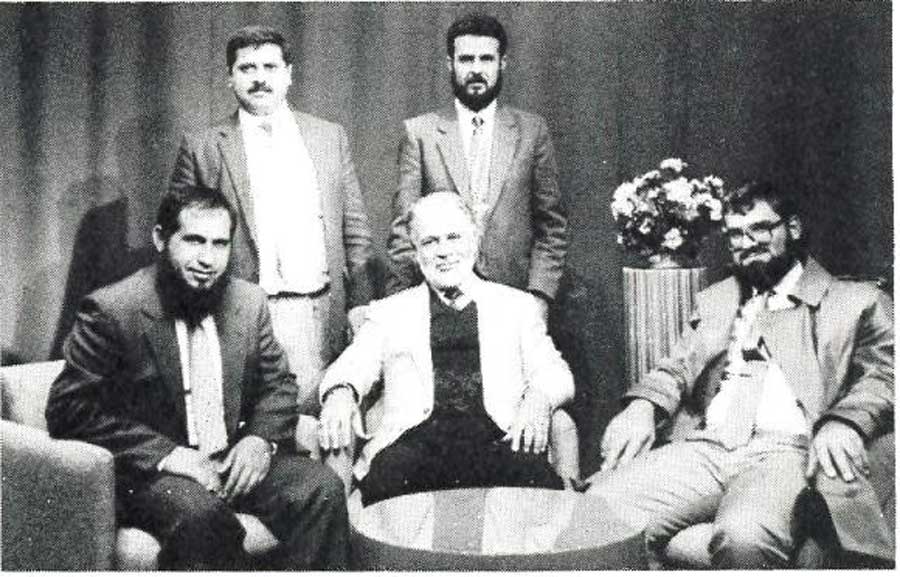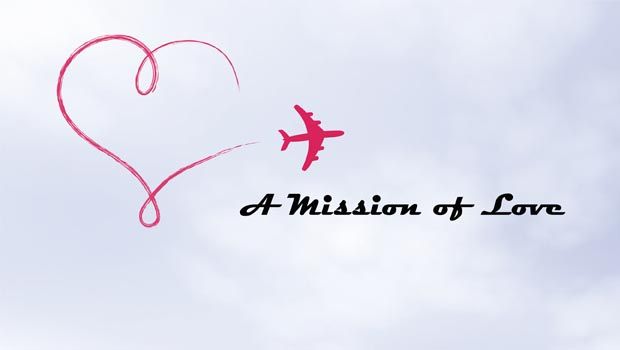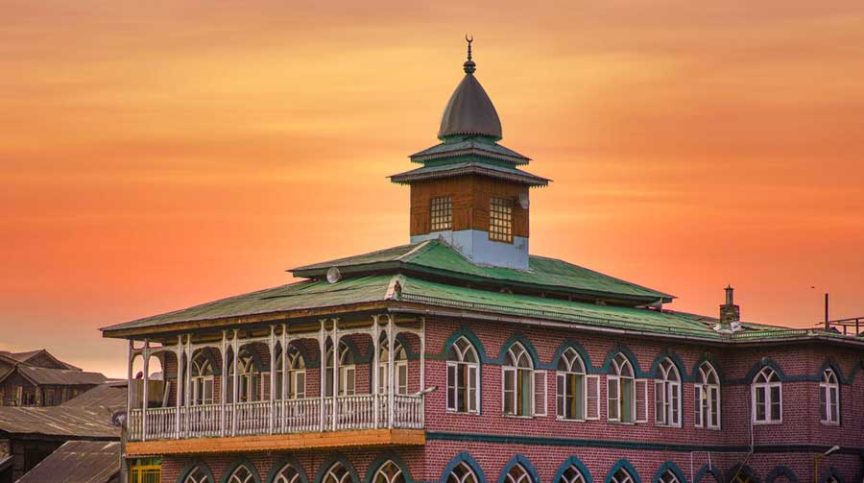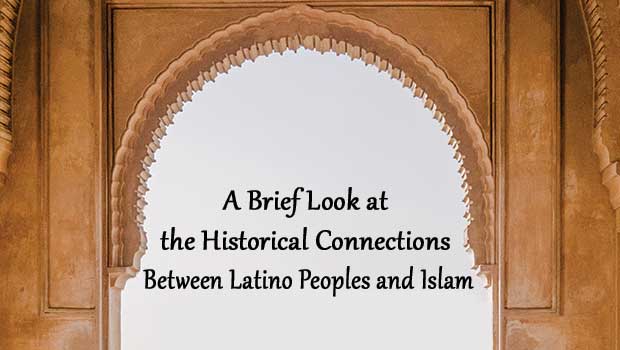“We belong to the area called the Arab Triangle, which is in the center of the holy land… King Abdullah gave us, land and people, to Israel in 1949… Since I949 until 1967, we knew nothing about our origins or civilization; we knew nothing about Islam, we only had a few scattered copies of the Quran in the scattered old mosques in Arab villages… We sank into complete darkness, ignorance and impiety…the 1967 war, although a military and political holocaust of Arabs and Muslims, was the beginning of our awakening, because for the first time we came in touch with people living in the occupied territories, the Islamic books and schools… now we really became aware of our indivisible relationship with Arabs and Muslims with whom we have to cooperate to achieve our sacred goals.”
The story of Ibrahim Abdullah, mayor of an Israeli Arab village called Kfar Qasem, is the story of 800,000 Palestinians living in Israel. The existence and the role of these Palestinians is hardly known to the world, which has seen the Palestinian struggle mainly through the eyes of the PLO and, more recently, in-tifada. Mr. Abdullah, 30, and four other young Muslim mayors from Israel recently came to the United States to tell whoever they could find about the lives, struggles and challenges of Israeli Palestinians. The following story is based on an interview by The Message International with Mr. Abdullah; Jomah Kassasi, mayor of Rahat; Kamel Rayan, mayor of Kfar Bara and Tawfik Khatib, mayor of Jaljulia. Mayor Raid Salah of Umm Fahem, although part of the group, was in Detroit at the time of the interview. Due to his fluency in English, Mr. Abdullah spoke for the group.
It is a sad irony that in the land of Al-Quds many Muslim Arabs lived a life of Jahiliya for nearly two decades. Indeed, Israel’s policies of cultural annihilation of its Arab subjects could not be more successful. But things are changing, and Palestinian Muslims living within Israel have rediscovered themselves and their mission. They are no longer resigned to their fate, or without a dint in their eyes. Israel’s evil occupation has proved to be a two-edged sword. While Israeli inhumanity and creeping annexation of Palestinian lands have made it the Goliath of our times, they have also brought helpless Palestinians face to face with their natural ally, Islam. The February 1989 elections in Israel were a turning point in the lives of Palestinian Muslims. From a feeling of dejection, frustration and apathy, Muslims of a nameless Islamic movement for the first time contested and won mayoralties in several Arab towns of Israel. And the results were astonishing from any standard.
In Umm el-Fahem, 75 percent voted for an Islamic candidate. Support for Islamic contestants was also strong in Kfar Bara (70 percent), in Rahat (65 percent) and Kfar Qasem (60 percent). In Nazareth, a stronghold of Communists for 20 years, Islamic candidates won six of the municipality’s 19 seats.
Their newly found success is seen by some Christians as a hopeful sign for them as well. During the electoral campaign in Umm el-Fahem, a Christian doctor told the audiences: “If you really want to overcome all your problems, you have to support the Islamic movement, because I believe that Islam is the solution.” After Muslims bagged six seats in Nazareth, a place of religious significance for Christians, a priest congratulated Muslims for defeating the atheists. Another Christian, a professor of religious studies in Nazareth, also sent in his commendations.
“There is a strong cooperation between Muslims and Christians, and those sincere Christians do really believe that Islam is the solution,” Mr. Abdullah said.
Although their election to power in municipal governments has not affected an Israeli law that bars them from making contacts with out-side Arab governments or movements, it has transformed them into a respected power bloc within Israel. Long committed to a non-political struggle, these Muslims have reversed themselves in order to bring an end to their exploitation, says Mr. Abdullah.
“We saw that a lot of Israeli parties — whether Communist Party, Arab Progressive Party or Arab Republican Party — did not really penetrate into the hearts of the people or touch the elements of their own faith; they only exploited the Arab masses for elections; they did not remember that there are more than 800,000 Palestinians in Israel, the same number as in the occupied territories. When they spoke of Palestinians’ rights to a homeland, they only spoke about those living in those territories and no one said that the other 800,000 people also have the right to be involved in a future settlement (of the Palestinian problem). So, we came to the conclusion that as an Islamic movement we have to work with the people and help them overcome their difficulties.”
Although Palestinian Muslims in the country distrust all Israeli parties, they have found an unnatural sympathizer in leftist politicians. Mr. Rayan, mayor of Kfar Bara, said through an interpreter that Palestinians have stopped trusting all Israeli parties because of their role in the massacre of Arabs. On the other hand they see leftist members of Israeli parliament working hard for the Palestinian cause.
The Islamic movement does not have a political party, nor people in the Knesset, the Israeli parliament. The reason, according to Mr. Abdullah, is simple: Israeli parties, whether Labor or Likud, are united against any resurgence of Arab or Islamic power. He challenged the myth that the Labor Party was favorably disposed towards Palestinians.
“The Labor Party ruled Israel for 40 years and it was the direct reason for the collapse of the Islamic communities.”
The Israeli leftists are helping Islamists apparently not because of their views but because of their own sympathy for the left-oriented PLO. But there is more to it. Some Israeli leftists see in these Palestinians a reflection of the Jewish pioneers who settled in Palestine in the early and middle part of the 20th century and exploited all the legal remedies.
The ultimate aim of the Islamic movement in Israel, which predates intifada, is not just the creation of an Islamic Palestinian state, some-thing that their counterpart in the occupied territories already wants, but the establishment of an Islamic caliphate in the world. But for now, Mr. Abdullah has tempered his hopes with the realities in Israel and wants to address the more urgent problems.
“Believe me we are not idealists; we are not living in mosques or on the moon. We are struggling for equality and peace.”
According to Mr. Abdullah the disparities be-tween and Arabs and Jews of Israel are glaring. While Jewish towns and settlements are basking in the glow of modern technology and amenities, those inhabited by Arabs are struggling for Tel Aviv’s attention for some of the basic needs of life. Not only that, they are being gradually deprived of their lands as a result of Israel’s voracious territorial appetite.
“If I were to compare the situation of Arab cities and villages with that of Jewish cities and villages, I would say that we are living at the beginning of the 20th century and they at the end of it. When I look to the East, I see four Jewish settlements which are more developed than some of the suburbs of Washington, D.C. In Kfar Qasem, Israelis have confiscated more than 70 percent of the land, although people have documents proving their ownership; first those lands were confiscated for military purposes, but afterwards were given to Jewish farmers. In Jaljulia, you cannot find a single centimeter for the future generation, and anyone who wants to guarantee the future of his son or daughter, must buy the land that was once his own. And you can say this about all the lands that belong to the 800,000 people.”
The ties that bind these Palestinians to their lands are so strong that many of them would not leave their towns and villages even if a Palestinian state were to be founded in the occupied territories. At least Mr. Abdullah won’t.
“We are not going to move, because we believe we belong to our land and not to the country; countries always change.”
While the Islamic movement in Israel grows in its unique ways, there are indications that Palestinians in the occupied territories have increasingly looked to Islam for emancipation. A recent poll by the Jerusalem Post showed that 60 percent of West Bank residents sup-ported an Islamic Palestinian state, as opposed to 27 percent who supported a democratic state and 7 percent who said they wanted a socialist state. In Gaza Strip, where Hamas is very strong, the support for a Islamic Palestinian state is believed to be even greater.
The reports about Islam being the choice of an overwhelming number of Palestinians makes Mr. Abdullah think that the PLO today is not the sole representative of Palestinians, only a formal one. The signs of strains between Islamic elements and PLO members were quite visible until a few months ago. The struggle between two competing forces had even pervaded Israeli jails, where members of Hamas and the PLO clashed with each other.
“I heard a lot of stories about members of the Islamic movement being severely punished by PLO members in the jails because they were caught reading the Qur’an, or spreading Islamic thought.”
The clashes had become so frequent and open that Yasir Arafat had to intervene personally and appeal for unity. Although he has succeeded in restoring calm in the name of a common goal, uneasiness still prevails on both sides.
Mr. Arafat knows the power and dynamism of the Islamic movement in the occupied territories. While he may not like the independent approach of Ikhwan al-Muslemoon, or the Muslim Brotherhood, he knows that their support is crucial for the success of intifada. To garner support for PLO, Mr. Arafat met with Mohammed Abu Nash, a leader of the Ikhwan in Egypt, recently. Mr. Abu Nash is said to have told the PLO chairman that he feared the Islamic movement would be the first to be slaughtered after the establishment of a Palestinian state.
PLO’s approach, apart from being un-Islamic, is lately seen as harmful to the Palestinian cause. From its recognition of Israel and the United Nations resolution 242 and 338 to the renunciation of its charter as null and void, the PLO has created a credibility problem for it-self in the eyes of many Palestinians. So much so that some influential people with ties to the PLO, such as Edward Said of Columbia University in New York, have publicly ex-pressed their misgivings about some of its actions.
Although Israel has erected a Berlin Wall of sorts between the Palestinians living under its direct rule and those in the occupied territories, that does not prevent the Islamic movement in Israel from doing its bit for the intifada. For instance, before Mr. Abdullah and his colleagues came to the United States, they distributed 24 truckloads of food, milk and other necessities of life among the Palestinians living on the West Bank and Gaza Strip. The Islamic movement also keeps abreast of the developments in the occupied territories and informs Israeli Palestinians through its two publications Saw ul Haq and AsSimt. The secular publications, according to Mr. Abdullah, ignore the news about Islamic movement and cover mostly PLO-related activities.
The delegation of Arab mayors left United States impressed, hopeful and evermore determined. It was the first of its kind to visit the United States, and so it met with many surprises. It learned that over six million Muslims lived in this country, and that many American politicians, including the few Congressmen and the Undersecretary of State for Near East and Middle East Affairs it met, didn’t know how Israel treated Palestinians. It also visited Muslim communities in New Jersey, New York, Pennsylvania and Michigan. But strong as it was in its resolve to carry on Islamic work in Israel, the delegation looked to American Muslim community for financial and moral support.
“We are living at the crossroads; either to be agents of Israel or seek independence. We are members of the Islamic movement, and we will never give up. But we cannot develop anything in our villages and cities because of insufficient funds from Israel. We want them (the American Muslim community) to make up for the deficiency imposed on us by Israel,” Mr. Abdullah said.






